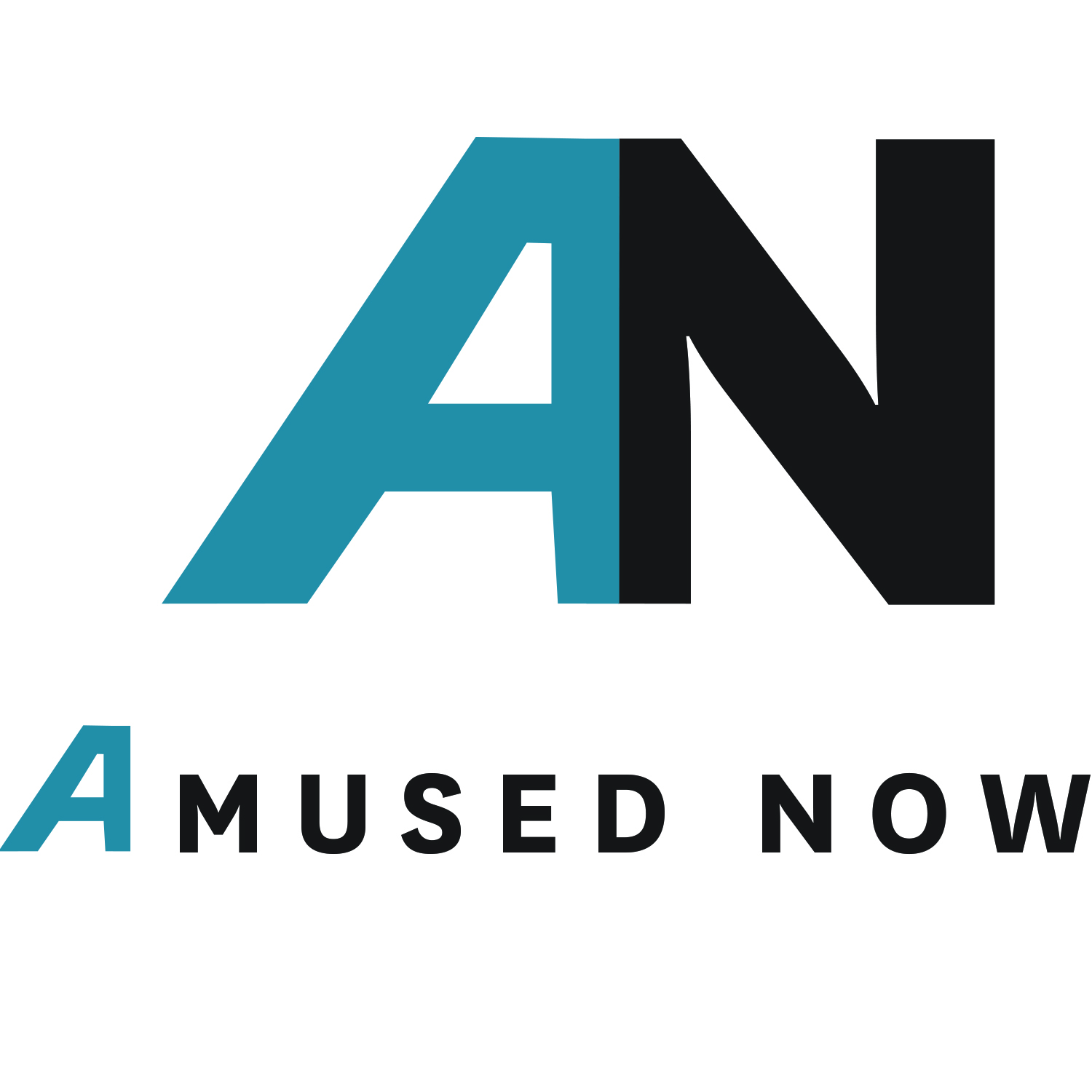In 2012 I wrote my first novel, Bushido. The gritty tale about a down on his luck Yakuza general that is forced to take up arms against his old boss (and a thousand other Japanese miscreants) immediately caught the attention of Kathy Ullman at Bantam Dell books and went on to become a New York Times bestseller.
Or at least that’s how, up until last year, I wanted the story to go in general terms. Maybe I’ll do without a hundred or so baddies (there is such thing as overkill, you know?)
But I digress. I mean the story of my book being published.
Don’t you get the feeling that nowadays everyone considers him/herself an artist? With the advent of cheap DSLR cameras and mobile phones with shiny photo filters, waterfalls of information on how-to-this and how-not-to-that, accessible bundles of raffia, and well, not a lot of thrilling opportunities at your average nine to five; it’s no wonder that throngs of hopeful thespians, playwrights, scribes, and doodlers spend whatever reserves of time and energy they can tap into and seek that elusive pair: fame and wealth.
Or perhaps they’ve always been among us, hiding behind glasses of absinthe and crammed inside dimly lit studios. The difference is, most certainly, that thanks to the wonders of the Internet we can see them now.
I am not ashamed to admit that, at first, I was a snob. Big time. When, a couple of years ago, I started to see my Twitter feed flooded by these so-called authors who would peddle their homespun words as if they were peas in a market, I thought to myself, “what a disgraceful way of treating the written word,” and “I will never stoop that low.”
But then an apple fell from the proverbial tree and hit me in the head with a vengeance. Because these low-stooping, pea-selling hawkers were actually making money doing what they loved. Sure, plenty of them self-pubbers had the literacy level of a bowl of alphabet soup, hired mobs of cheap typists to write bogus book reviews, and in no time became as obnoxious as water in your ears after swimming. But hey, did I mention they were making money?
Their trick is quite simple and has everything to do with what I said before: being seen.
Traditional publishing is slow for new writers. At one point, with one novel, you’re lucky if you get the much divided attention of five or so potential agents who will most likely decline your seduction attempts. By contrast, making good use of these nifty new electronic resources gets an indie or fresh author tons of exposure and can lead to sales almost immediately.
Now, embracing more openly the resources at my disposal and while my big masterpiece is ready, here is what I do:
- Participate in all kinds of online contests, from amateurish to professional. This brings down several birds with one stone: I beef up my skill and confidence levels, I get valuable feedback, and network with fellow aspiring writers.
- Learn a little every day. See what works for others that might work for me. And, of course, I keep my eyes wide open for what absolutely does not work for anyone.
- Maintain the candle lit for traditional publishing in the form of short story submissions to magazines. While the monies ain’t great, short stories are easier to craft and send out to the world to see. Something sticking to one publication or another is more likely, which helps with name building and pizza (just ask Ray B. or Stephen K.).
- From time to time, put things up on the blog for my fans (like, five of them as of now) to read at their leisure.
Do the traditional and self-published paths yield the same results for a writer? Definitely no, at least not yet. But the gap is closing and wider doors are opening instead. As in everything, there’s the easy way, the hard way, and the smart way. And not taking advantage of every tool in the shed is everything but smart.
Happy art making!
Happy art making!


At first read I was a little taken aback. It seemed as if you were criticizing the bloggers and ebook writers of this world. Even with your change of heart it seemed harsh. But I read the post again and found it very insightful, Juan. You are an excellent writer, a deep thinker and your conclusions are solid. As I writer, I need to do exactly what you recommend and exhaust every avenue open to me to get my writing out there and sold! Thanks for sharing your thought processes and your new way of looking at things. I applaud you my fellow writer! Thank you for sharing this.
I agree with Libby’s comments. Juan, I felt your journey from snob to someone who just wants to get their message out and make money doing what they love. Yep, I can tell it was uncomfortable. Excellent writing!
I thought it was a pretty darn good piece. Its hard to get your stuff read and more importantly, sold and get paid for doing so. I appreciate the in insights you offered, Juan.
As someone who hopes to write a satirical book of short stories one day and ultimately get published (and rich!) Who doesn’t write? 🙂 I thought this was very insightful; thank you for bringing to light the negative thoughts you once had and sharing your learnings. You will save many people months, maybe even years of wasted effort in all the wrong places.
Thank y’all for the comments. Taking a cheap shot against the good self-pubbers was not my intention. Doing so against the bad ones kinda was 😉 But seems the morale of the story caught on just fine! Let us all make good use of what we have, do it responsibly and, above all, do it creatively. We’re all artists at heart, ain’t we?
a thoughtful article, Juan.
Hey neat weblog, just pondering what spam computer software you use for feedback because i get lots on my website. Can you please let me know here, so that not only I but other visitors can put it on our weblogs as well.
Betty, I’m emailing you…